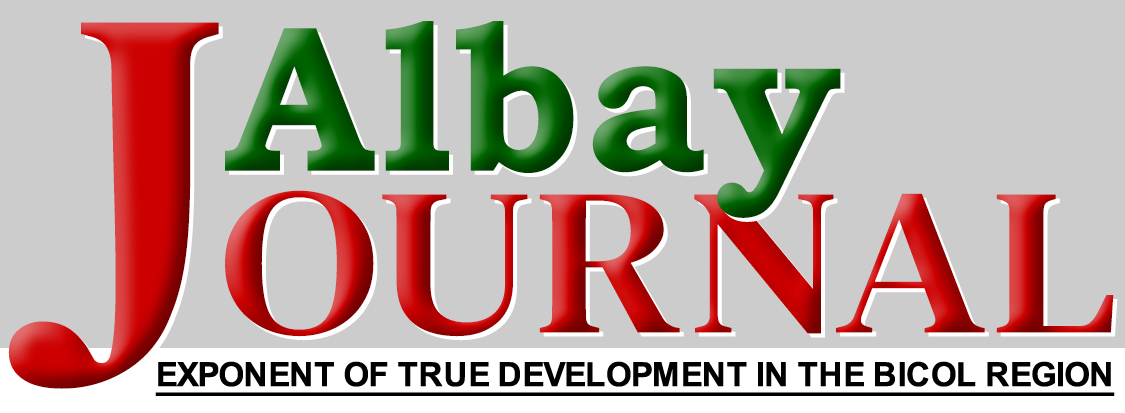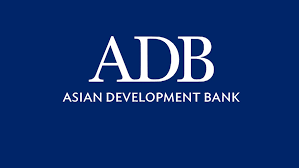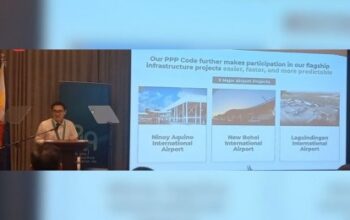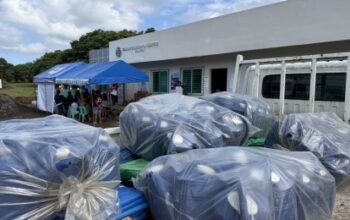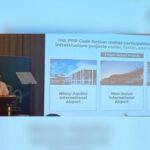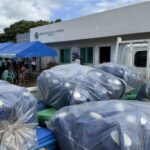The Asian Development Bank (ADB), in its report released recently, forecasts the Philippine economy to grow faster than initially expected this year, following the relaxation of Covid-19 mobility restrictions in the country, the expansion of the Covid vaccination program, and a rebound in investment and household consumption,
The Asian Development Outlook (ADO) 2022 Supplement predicts the Philippine economy to grow at least 6.5% in 2022, up from the bank’s April forecast of 6%. The growth projection for 2023 remains at 6.3%.
Downside risks to growth in the second half of the current year may come from sharper-than-expected slowdowns in major industrial economies, possible sustained elevated global commodity prices, and tighter financial conditions, it said.
“The Philippine economy’s growth momentum has accelerated close to its ideal growth path. Strong domestic demand supported by a pick-up in employment and remittance inflows, private investment expansion, and large public infrastructure projects will underpin the country’s recovery from the economic impact of the pandemic,” said ADB Philippines Country Director Kelly Bird.
Wider Covid-19 vaccination coverage, with adolescents among those getting inoculated, and relatively mild health impacts from the Omicron variant have allowed the government to relax restrictions starting in the first quarter of the year.
The relaxation of restrictions has spurred a resumption in expanded operations for most private businesses, with the unemployment rate falling to near pre-pandemic levels, it noted.
The unemployment rate was at 6% in May 2022, down from 7.7% a year earlier. Inflation is forecast to quicken to 4.9% and 4.3% in 2022 and 2023, respectively, on the back of higher global commodity prices. These are up from ADB’s April forecast of 4.2 percent in 2022 and 3.5 percent for 2023, the report added.
ADB said the government is expected to sustain public spending on priority infrastructure projects under the “Build, Build, Build” program. Among these priority projects receiving ADB financing are the Malolos-Clark Railway Project and South Commuter Railway Project, both part of the North–South Commuter Railway System that will provide safe, fast, and efficient transportation to link Metro Manila to northern and southern Luzon provinces.
ADB also finances the EDSA Greenways Project, which aims to improve pedestrian experience along the main EDSA route in the capital; and the Metro Manila Bridges Project which seeks to help solve traffic congestion in the National Capital Region.
